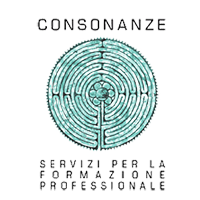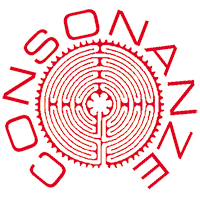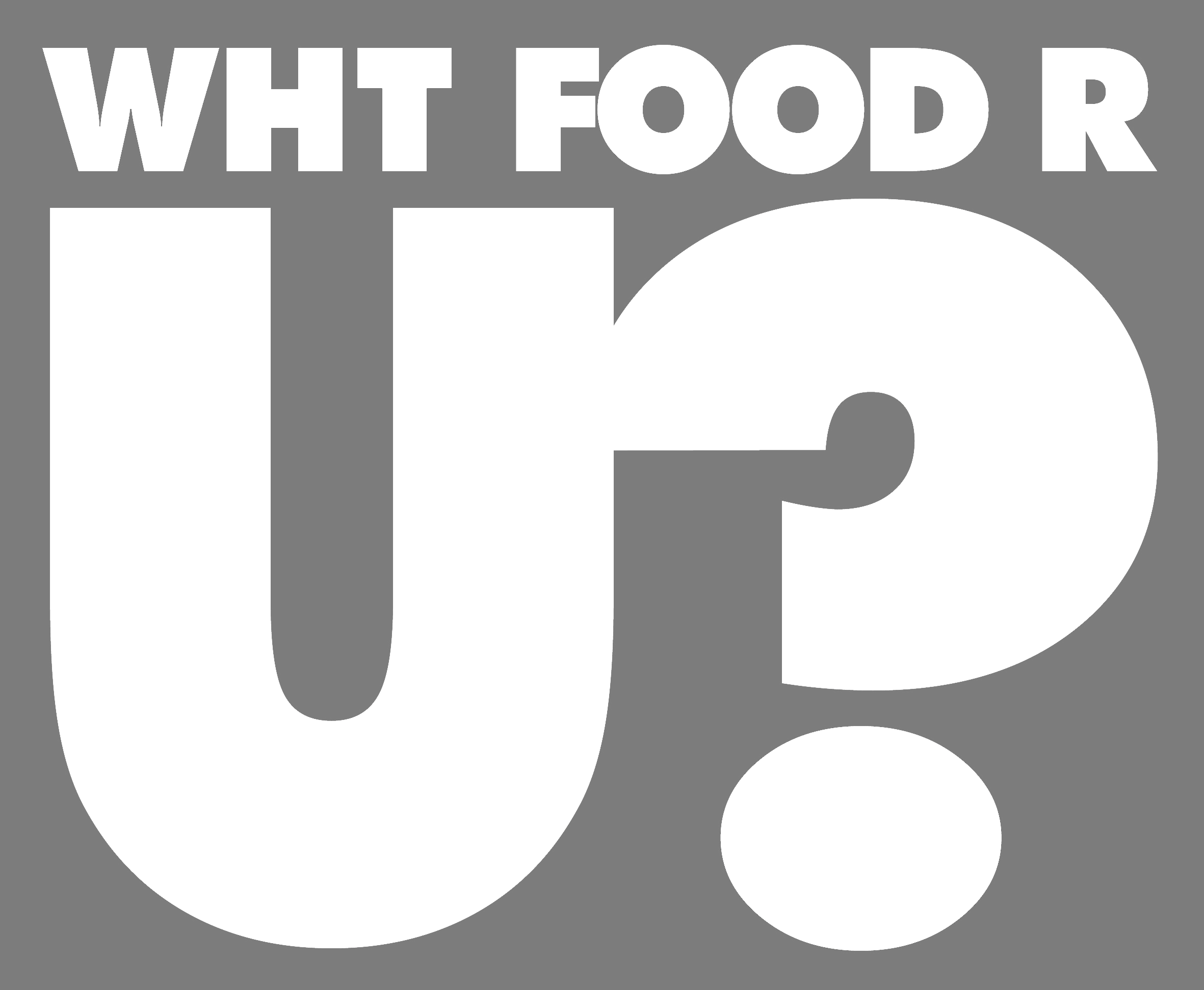
Animals fill themselves; man eats.
The man of mind alone knows how to eat.
(Anthelme Brillat-Savarin, The physiology of taste, 1825)
october 11 2014
The Excelsior Westin, Florence
Piazza Ognissanti
Vespucci room
h.16:00 – 19:30
participants: max 20 among wine and food journalists and expert bloggers.
The project What food are you? originates from the creative effort of Nicoletta Arbusti for Consonanze Formazione, and is realised with a team of well-known experts from various
disciplines, such as psychology, integrated medicine, education and society, and scholars of men, food, and nutrition.
The zero event was held at The Westin Excelsior - Florence, with the collaboration of the Starwood Westin Executive through the valuable assistance of the Complex General Manager, of The Excelsior Westin, Florence and of St.Regis,Florence, Valentino Bertolini; and the valuable participation of internationally renown
Entiana Osmenzeza, Chef at Sesto on Arno - The Westin Excelsior, and with the participation of Marino Sartorato, Sommelier and F&B Service Manager at The Westin Excelsior - Florence.
The event has been presented to an audience of well-known food and wine journalists and bloggers, and has been divided into two sections: theoretical, curated by Nicoletta Arbusti, psychologist and psychotherapist, and Silvia Guetta, Professor of General and Social Pedagogy at the University of Florence;
practical, with the presentation of the experiment carried out by Entiana Osmenzeza and Roberta Chiaramonte, neurologist and neurophysiopathologist, expert in integrated medicine.
During the theoretical presentation, Silvia Guetta has outlined how food is a continuous relationship.
Talking about food means exploring the deepest meaning of human nature. Every human being begins to create its relationship with the wonderful world of flavors and tastes since lying in the womb.
Every human being creates its own special relationship with food, thanks to which it develops knowledge, behaviours and pleasures.
For its ability to generate relations, food, which creates not only culture, but also encounters between cultures, is part of the educational practices and stimulates creativity.
Considered an important vehicle of connection between the material and the spiritual, between the inside and the outside of the human being, between life and death, food has always found a deeply significant space in the religions and traditions of every people, "feeding" with a wealth of colors, tastes and symbols, the need to know, create and transform.
Nicoletta Arbusti has presented a historical overview of nutrition from prehistoric to classical times, from the Middle Ages to Renaissance, considering the biological, anthropological and cultural development of men's relationship with food; and considering, at the same time, the concepts of conviviality, quality and quantity.
Introducing her research on mothers in gestation dedicated to the suggestion of taste, she has presented the importance of more recent experimental studies on the relationship between mother and fetus in the shaping of the sense of taste since early gestation; the shaping and maturation of the senses from the embryonic period to the post-birth period.
She continued her speech underlining the importance of suggestion in the experience of taste, of olfactory perception, the taste, the five taste receptors on the tongue, as well as the perception of the amount of fat to ingest, considered as the sixth taste.
Nicoletta Arbusti has described the multi-sensory experience that involves simultaneously taste, smell and sight, linked to the different sensation of flavors depending on the color of cutlery.
She has stressed that the olfactory receptors are of primary importance in the construction of the taste, and how wide is the typology of these receptors, existing other than in the nose, also on the skin, in the heart, in the liver, in the intestine and in the lungs.
The operation was concluded by menyioning recently published studies on how intestinal bacteria can condition the choices and tastes in food.
Entiana Osmenzeza has opened her kitchen to an ecological experimentation on food promoted for a long time by the Israeli doctor Nader Butto, whose thoughts have been presented by neurologist Roberta Chiaramonte: today it is possible to supplement the existing methods of assessing potential nutritional food (K cal), measuring its vitality or antioxidant capacity (rH).
The cut-off value of RH is 22.
rH below 22 are indicative of a high antioxidant power.
Entiana Osmenzeza presented some of her creations measured and discussed step by step with the neurologist Roberta Chiaramonte, comparing a traditional approach to food and an innovative and professional approach lead to offer a possible reconsideration of the basic concepts of her work.




